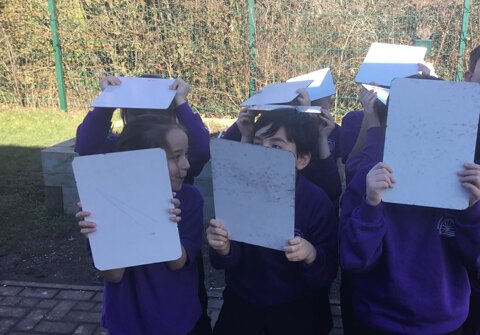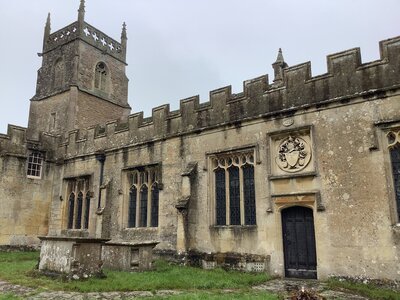History Curriculum Overview
History intent
- At Millbrook, where possible, we teach history through a topic approach. Cross curricular links ensure that the learning is embedded.
- Each Year group has essential or 'sticky knowledge' so each year group knows what to cover.
- We use a progression of knowledge and skills document too which enables teachers to plan to meet the range of abilities throughout their year groups. These levelled skills ensure that all abilities are catered for – extended and supported as appropriate.
- In line with the National Curriculum of 2014, the curriculum at Millbrook aims to ensure that all pupils receive a high quality, knowledge rich curriculum which inspires a curiosity and fascination about Britain’s past and that of the wider world.
- Careful consideration to topics has been given to ensure progression throughout the school. These topics are focused on knowledge stated in the National Curriculum.
- Local links are utilised throughout the school also. We are also working with Historic England and we are close to gaining the school heritage award.
- Black History Month is marked in each class and the whole curriculum is planned so diversity is an integral part.
- Important historical events are marked at Millbrook, and added to the curriculum when relevant, such as the Platinum Jubilee.
- By the time they leave Y6, they should begin to understand the complexity of people’s lives, the process of change, the diversity of societies and relationships between different groups, as well as their own identity and the challenges of their time. An emphasis is placed on the use of a range of appropriate historical vocabulary and this is provided for each topic. By the end of their school career, children will have a chronological understanding of British history from the Stone Age to the present day.
- A History focused topic is taught 3 times a year.
- History is taught in carefully planned blocks throughout the year to enable in-depth, quality learning to take place.
- If more appropriate, an area may be taught discretely.
- At the beginning of each topic, teachers give children the opportunity to convey what they know already as well as what they would like to find out. A recapping of prior learning can then take place. This informs the programme of study and also ensures that lessons are relevant and take account of children’s different starting points.
- WOW starters and fantastic finishers are used to engage and enhance the curriculum in History.
- Appropriate historical trips and visitors to school take place to enhance learning.
- Teachers use a range of artefacts to enhance the teaching of each topic and create fascination.
- Teachers use different sources of evidence, including videos, from FS to year 6. An importance is placed upon the skills of being able to critically evaluate sources of evidence. Students can then apply this to a range of other curriculum areas too.
- Opportunities are given for children to give reasons for events, backed up by evidence and to justify their choices.
- In EYFS, History is covered as part of the ELG Understanding the World. Children learn the concept of past and present, sequence events and know why we talk about significant events in the past such as Remembrance day.
- Evidence of our history work is shown in books. This may be in the form of writing, diagrams, pictures, annotations, maps, photographs, research findings or notes. Sometimes, video recording may be used.
- Evidence of sequencing, sorting and classifying will be recorded.
- Performances, particularly class assemblies, are often History-focused and enable the class’s learning to be shared with the school as well as a wider audience.
- History displays are evident in and around school – particularly in classrooms when the topic is History-focused.
- Children have positive attitudes towards learning history at Millbrook.
- Children will have built up a bank of knowledge about significant people and events throughout the past as well as how things have changed over time.
- An emphasis is placed upon the importance of asking questions. Children are encouraged not only to answer, but to ask relevant questions about historical events, artefacts, individuals and time periods.
- They are encouraged to use their reasoning skills and to be reflective about the past. In History, linking the past to the present day as well as comparing, is important too.
- Children are prepared to share what they’ve learnt in a variety of ways and are proud of their knowledge and achievements in history.


.jpg)
